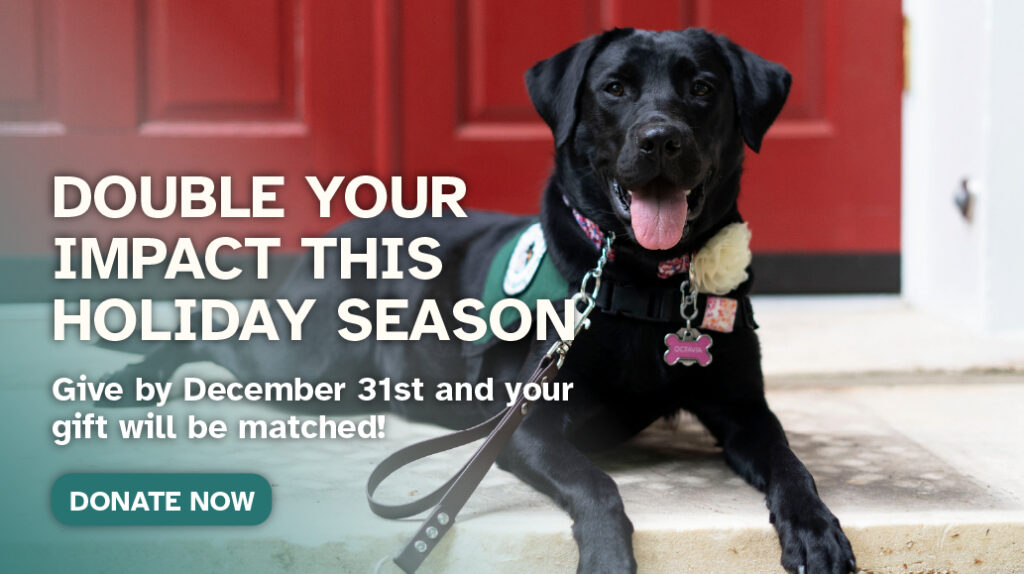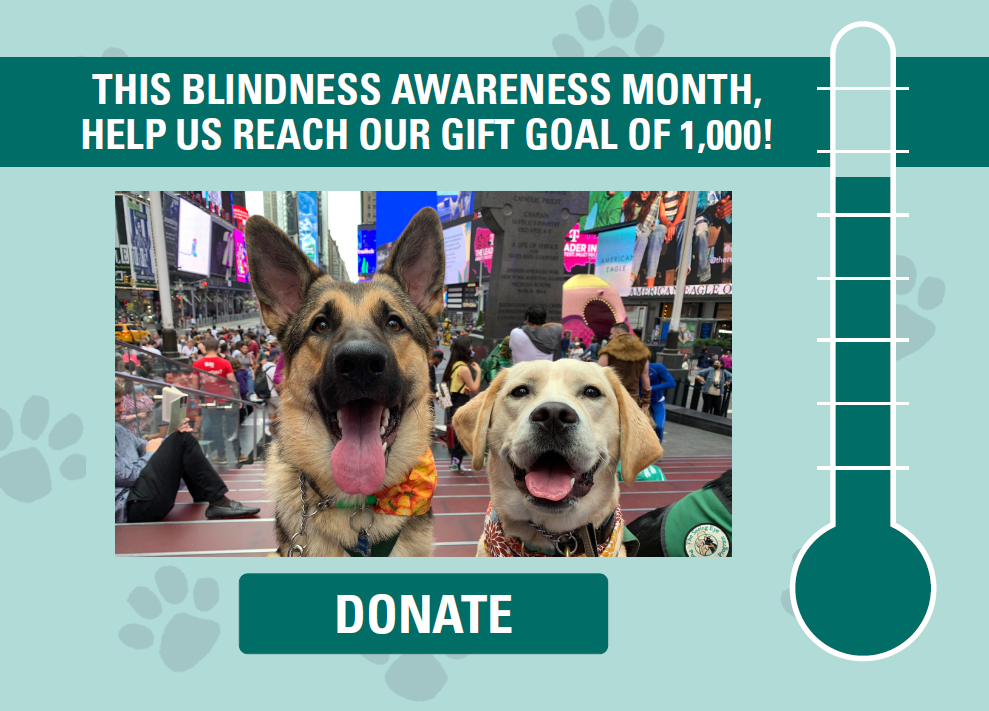Access & Advocacy
Recreational Settings
Recreational Settings
Most recreational settings are covered by a federal law called the Americans with Disabilities Act (ADA) and generally must not deny access to people working with service animals. Visit our Public Access page for more general information about service animals and the ADA. Also, some states and municipalities have laws that provide more protection than the ADA for people with service animals.
Recreational facilities include but are not limited to zoos and wildlife parks; theaters; fairs; farms; health spas; sports stadiums; amusement and water parks; skating rinks; bowling alleys; museums; galleries; and libraries.
Any limitations on the use of service animals must be shown by the place of recreation to be necessary for safe operation. Each facility needs to make a careful assessment of each area to determine where safety concerns justify restricting service animals. Unsubstantiated fears about potential risks will not suffice to justify the exclusion of service animals from areas open to the general public.
Sometimes zoos, for example, may need to restrict access to people with service animals in certain areas where the animals on display are the natural prey or natural predators of dogs or where the presence of a dog would be disruptive, causing the displayed animals to behave aggressively or become agitated. However, they cannot be restricted from other areas of the zoo. Also, people with service animals should check state laws before they visit, because some states require that zoos provide shelter and water for service animals while their handlers visit areas where their dogs are not allowed to go.
National parks are covered by Section 504 of the Rehabilitation Act which differs from the ADA in some ways. For example, national parks may impose special requirements or prohibit service animals in areas where the presence of the animal could jeopardize the safe operation of the park. However, the National Park Service (NPS) has aligned its service animal policy with the Department of Justice’s ADA regulations pertaining to service animals. Check out the NPS’s information about Service Animals in National Parks. In the same way, service animals may generally accompany people with disabilities to all areas of an amusement park. A ride-by-ride assessment in terms of safety issues should be conducted before excluding service animals from any of the rides. In recreation and fitness centers, health and safety concerns prohibit guide dogs from being in the pool water.
For more information about service animals and the ADA, check out the Department of Justice’s Requirements and frequently asked questions. If you are looking for tips on what to do when you encounter a guide dog team, take a look at this etiquette sheet.











